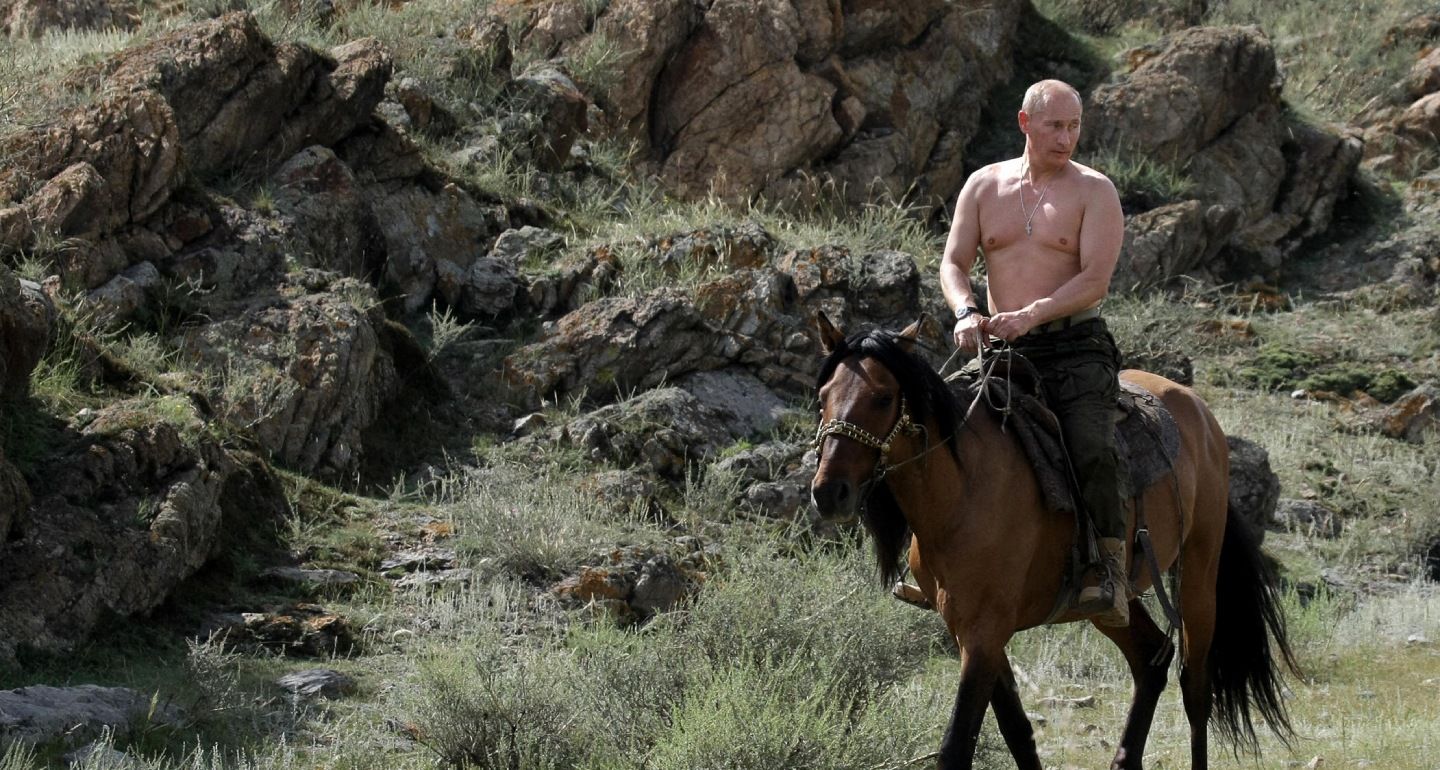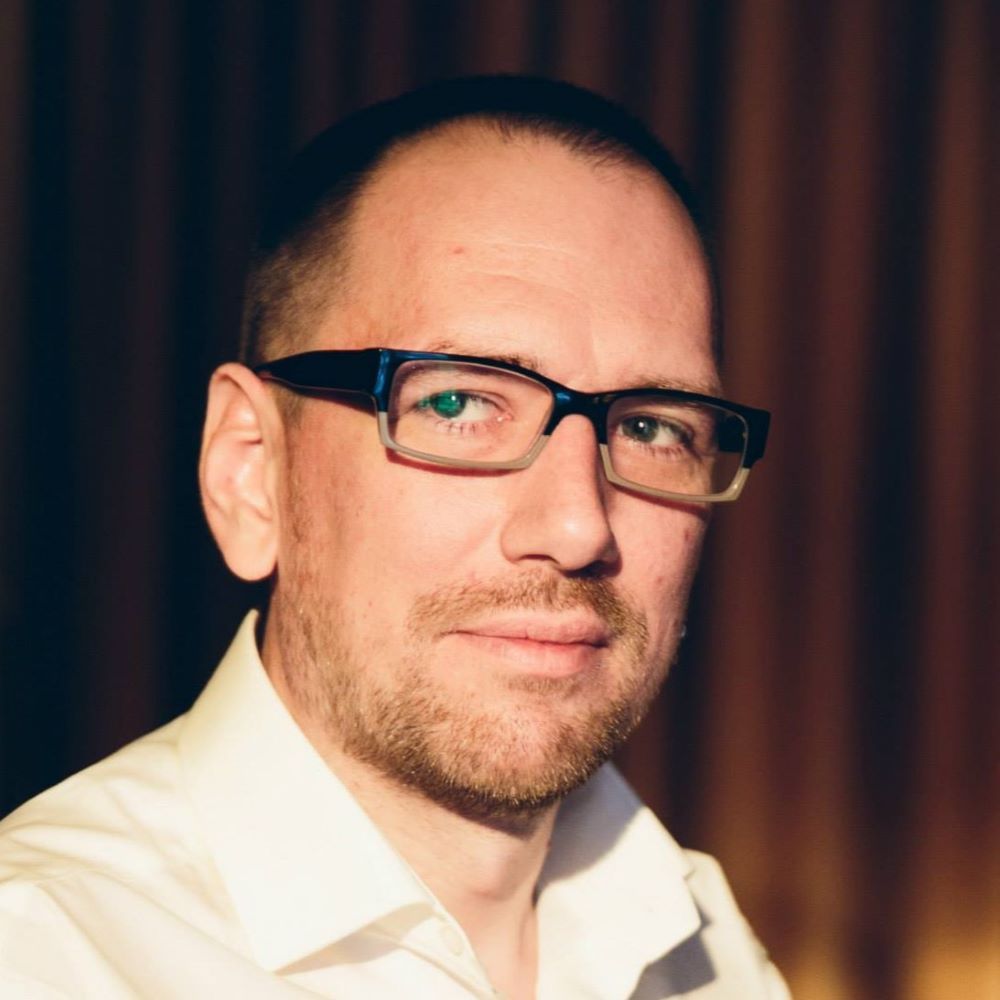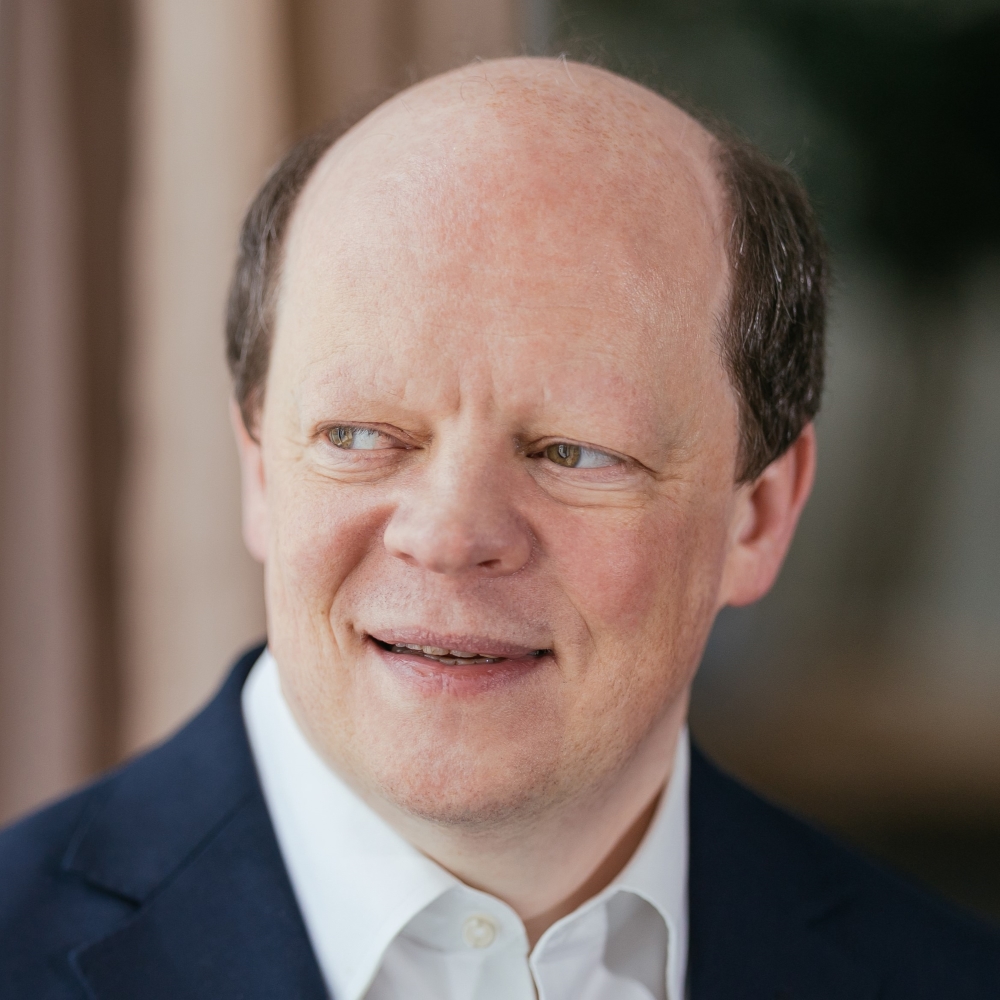Unexpectedly, Trump’s America appears to have replaced Putin’s Russia’s as the world’s biggest disruptor.
Alexander Baunov
{
"authors": [
"Andrey Pertsev"
],
"type": "commentary",
"blog": "Carnegie Politika",
"centerAffiliationAll": "",
"centers": [
"Carnegie Endowment for International Peace",
"Carnegie Russia Eurasia Center"
],
"englishNewsletterAll": "",
"nonEnglishNewsletterAll": "",
"primaryCenter": "Carnegie Russia Eurasia Center",
"programAffiliation": "",
"programs": [],
"projects": [],
"regions": [
"Russia"
],
"topics": [
"Domestic Politics"
]
}
Фото: Getty Images
The increasingly erratic Russian president appears to be out of touch with reality and in denial of his advanced age—and no one in his inner circle wants to tell him.
For more than two decades, Russian President Vladimir Putin has cultivated an image as a strong leader. Initially, he liked to portray himself as a tight-lipped intelligence officer who was restoring order in Russia following the upheaval of the 1990s. Then he pivoted to a more macho image, which was supposed to frighten off enemies. Either way, a carefully curated public persona has always been a key element of Putin’s popularity.
In part because Putin is now an elderly man, however, his image now seems outdated. In recent years, neither Putin nor his political managers have come up with anything new. As a result, both domestic and foreign audiences find themselves digesting the spectacle of an old man who is obviously out of touch with reality.
In recent months, Putin’s appearances have regularly included strange and sometimes inappropriate pronouncementspepperedwith impolite expressions. He tries to make jokes, indulges in reminiscing, and embarks on long, entirely unnecessary historical digressions.
In oneincident, he babbled on about the weather (“today it’s one thing, tomorrow another”), and in another he appeared to suggest that the full-scale invasion of Ukraine was the result of “being bored” and “craving a bit of action.” He also told a dirty joke in the middle of a conversation about global warming, andrecalled how, when drinking sake with one of Japan’s leaders, the discussion turned to the quality of Japanese sperm.
Equally embarrassing are Putin’s comments suggesting he does not grasp the real state of affairs in Russia. On several occasions, he has publicly argued with officials about average salaries. When Moscow Mayor Sergei Sobyanin told Putin the average salary in the Russian capital was 160,000 rubles per month ($2,038), Putindid not believe him. “Come on, it’s more than that!” Putin responded. Sobyanin chose not to argue.
Another of Putin’s favorite topics is health. The president hassaid that his “good appearance” is down to exercise, and hasbragged about not wearing glasses. He has evenrelayed the words of someone “close to him,” who apparently described him as a “cyborg.” The oddness of such claims is amplified by the fact that Putin clearly undergoes regular plastic surgery and cosmetic procedures.
It wasn’t always this way. For many years, Putin cultivated the taciturn macho image of a security services officer whose job it was to clear up the mess left by the politicians of the 1990s. He spoke in harsh, abrupt, and memorable phrases. He dressed in unremarkable suits. And in public, he only commented on issues that pertained to his position. Family life and hobbies, for example, were strictly taboo.
Of course, this was an artificially constructed image. Kremlin spin doctor Gleb Pavlovsky, who worked with Putin in the early 2000s, said subsequently that Putin’s public image in this period was based on Max Otto von Stierlitz, the tight-lipped spy famous from the blockbuster Soviet thriller series “Seventeen Moments of Spring.”
Once the country had begun to leave the 1990s behind, Putin’s image was modified. Instead of Putin the intelligence officer, we got macho Putin—a symbol of a strong Russia. The president became known for stunts like diving for ancient Greek urns on the bottom of the Black Sea, flying in a motorised hang glider with cranes, testing Russian-made cars in Siberia, and being photographed shirtless and carrying weapons in the taiga.
After his confrontational speech at the Munich Security Conference in 2007, Putin began to put a greater emphasis on the differences between Russia and the West—and accordingly drew comparisons between himself and supposedly weak and indecisive Western leaders. The image of a physically fit Russian strongman was supposedly a foil for flabby Western bureaucrats in suits and ties.
The Kremlin promoted this sort of image—somewhere between Indiana Jones and James Bond—for a relatively long period of time. As recently as 2021, the public was still being treated to photos and video of Putin in the Siberian forest accompanied by his regular companion on such trips, then defense minister Sergei Shoigu. However, there is an obvious expiry date on this sort of positioning: no one can stay young forever. Even at the time of that trip with Shoigu, Putin was already nearly seventy.
Almost imperceptibly, Putin has become something of a caricature of an elderly man who likes to tell stories, gives unsolicited lectures, pretends to be young, and complains about life. While he regularly criticizes Western politicians—sometimes menacingly, sometimes with humor—nothing actually comes of those threats. Such meaningless grumbling contrasts dramatically with Putin’s ruthless spy and macho man images, in which every word carried meaning and had consequences.
It would be logical for the Kremlin to try to come up with a new public persona for Putin now that he is in his seventies. For example, he could be marketed as a wise elder statesman who conserves his strength, rarely appears in public, and whose age has given him a wealth of relevant experience. However, either no one has ever suggested to Putin that he cultivate such an image, or he has rejected the idea.
Kremlin officials appear to be acting according to an old playbook: do what the tsar wants, and try not to anger him. Putin clearly enjoys appearing in public and trying to show that he is immune to the ageing process.
In reality, though, what people see in Putin’s public appearances is a struggling old man whose talk about physical exercise is at odds with the fact he spends most of his time on video conference calls. Indeed, Putin’s love of mentioning his own good health raises a question: if everything’s so great, why does he talk about it all the time?
Of course, there’s nothing unusual about the ageing process. But a failure to accept what’s happening risks turning Putin into a joke, and exposes serious problems with the political decision-making process in Russia. It’s increasingly clear that no one around Putin is willing to alert him to his own mistakes. In authoritarian regimes like modern Russia, such an intervention would simply be too risky.
Carnegie does not take institutional positions on public policy issues; the views represented herein are those of the author(s) and do not necessarily reflect the views of Carnegie, its staff, or its trustees.
Unexpectedly, Trump’s America appears to have replaced Putin’s Russia’s as the world’s biggest disruptor.

Alexander Baunov
The Kremlin will only be prepared to negotiate strategic arms limitations if it is confident it can secure significant concessions from the United States. Otherwise, meaningful dialogue is unlikely, and the international system of strategic stability will continue to teeter on the brink of total collapse.

Maxim Starchak
The story of a has-been politician apparently caught red-handed is intersecting with the larger forces at work in the Ukrainian parliament.

Konstantin Skorkin
For years, the Russian government has promoted “sovereign” digital services as an alternative to Western ones and introduced more and more online restrictions “for security purposes.” In practice, these homegrown solutions leave people vulnerable to data leaks and fraud.

Maria Kolomychenko
Geological complexity and years of mismanagement mean the Venezuelan oil industry is not the big prize officials in Moscow and Washington appear to believe.

Sergey Vakulenko